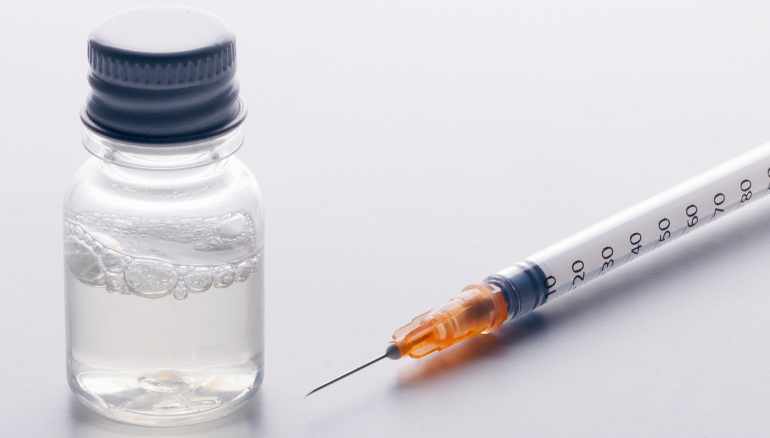
This year heralds the outcomes of a 2-year Australian-led clinical trial to determine whether treatment with testosterone, added to a lifestyle-based weight management program, prevents T2D in men at high risk for the disease, or reverses it in those men newly diagnosed.
The testosterone for diabetes mellitus (T4DM) study, conducted across six sites in Australia is the “the largest, and longest duration, testosterone clinical trial ever undertaken” explains Professor Gary Wittert who is the Study Chair and Head of Medicine and Director of the Freemasons Foundation Centre for Men’s Health at the University of Adelaide.
The prevalence of T2D is reaching epidemic proportions worldwide and in Australia is more common in men than women. The incidence of T2D in men increases markedly after the age of 50 and it is now the seventh leading cause of death in men1. Recent data show that in Australia 1 in 16, or about 780,000 adult men, have T2D2.
Type 2 diabetes (T2D) occurs when the body is unable to control blood sugar levels and becomes insensitive (unresponsive) to the hormone insulin.
What does testosterone have to do with this?
One of the complications of obesity, particularly when the excess fat accumulates around the abdominal area is a decrease in blood testosterone levels3. Studies have shown that low testosterone and obesity are strongly linked with an increased risk of T2D4.
It is not clear to what extent low testosterone is influencing the development of diabetes in overweight men; it could be an innocent bystander, or it could be very important.
Could testosterone therapy be the magic bullet?
Losing weight reduces the risk of diabetes, and also increases natural testosterone levels. This is great news, but could giving men extra testosterone to boost their natural levels reduce their risk of diabetes even further? Would testosterone treatment reverse T2D in men newly diagnosed with the disease? Does testosterone treatment have any other health benefits, and is it safe?
These are the burning questions that the T4DM clinical trial aims to answer.
Since 2013, just over one thousand overweight men between the ages of 50 and 74 years, who had low testosterone levels and were at risk of, or had newly diagnosed T2D have been recruited to the study.
In collaboration with Weight Watchers, men were randomly allocated to one of two study groups: a weight loss program with testosterone treatment or a weight loss program with placebo (no testosterone) treatment5.
The Protocol for the T4DM clinical trial was published last month in the journal Diabetes, Obesity and Metabolism. More information about T4DM can be found on the study website.
The study was funded by an NHMRC Project Grant (APP1030123), Bayer Schering, Eli Lilly and Weight Watchers.
Learn more
References
[1] Australian Institute of Health and Welfare (2018) Australia’s Health 2018. Australia’s health series no. 16. AUS 221. Canberra: AIHW.
[2] Australian Bureau of Statistics (2015) National Health Survey. First Results Australia 2014-15. Cat. no. 4364.0.55.001. Canberra: ABS.
[3] Shi Z, Araujo AB, Martin S, et al. (2013) Longitudinal Changes in Testosterone Over Five Years in Community-Dwelling Men. The Journal of Clinical Endocrinology & Metabolism. 98(8):3289-3297.
[4] Gyawali P, Martin SA, Heilbronn LK, et al. (2018) The role of sex hormone-binding globulin (SHBG), testosterone, and other sex steroids, on the development of type 2 diabetes in a cohort of community-dwelling middle-aged to elderly men. Acta Diabetol. 55(8):861-872.
[5] Wittert G, Atlantis E, Allan C, et al. (2018) Testosterone therapy to prevent type 2 diabetes mellitus in at-risk men (T4DM): Design and implementation of a double-blind randomized controlled trial. Diabetes Obes Metab. doi: 10.1111/dom.13601. [Epub ahead of print]









